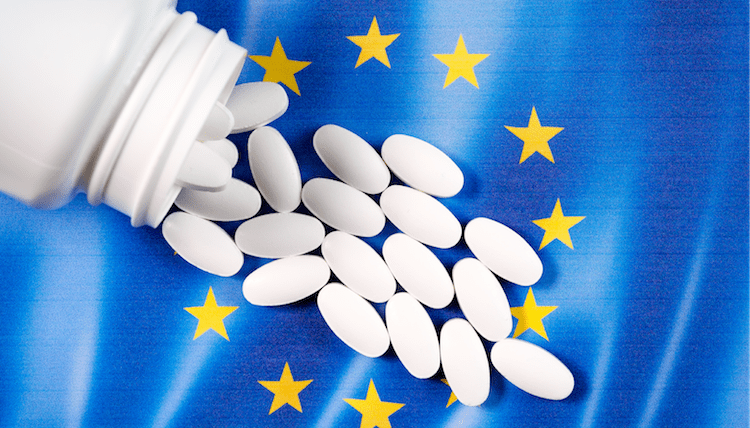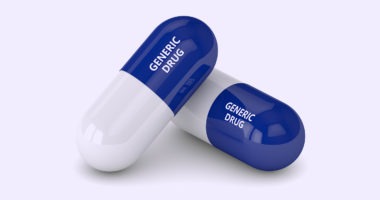The EU’s Pharma Strategy in a Post COVID-19 World
European Union (EU) health ministers met this week (May 12, 2020) to begin discussing a pharmaceutical strategy for the EU, a move originally put forth in January of this year (2020), but which now will take into account the EU’s economic recovery plan in the wake of the novel coronavirus (COVID-19) pandemic. What has been discussed thus far?
The EU’s pharmaceutical strategy
Before the COVID-19 outbreak, the European Commission had put on its agenda for 2020 a work program to develop an EU-based pharmaceutical strategy. This week (May 12, 2020), the EU health ministers met via video conference to discuss access to medicines and to provide initial feedback for its Pharmaceutical Strategy for Europe. The meeting, originally to be held in Zagreb, Croatia, was chaired by Dr Vera Katalinić-Janković, Assistant Minister of Health of Croatia, with participation from Stella Kyriakides, the European Commissioner of Health and Food Safety, and Professor Guido Rasi, Executive Director of the European Medicines Agency.
In her opening remarks, Commissioner Kyriakides highlighted universality and access as two overarching goals to enable security of supply of medicines. Both Commissioner Kyriakides and the EMA’s Executive Director Rasi stressed the importance of early detection of shortages and increased production in the EU in order to ensure the security of the supply of medicines on the internal market.
“The coronavirus pandemic has showed us more than ever that we need develop a new EU pharmaceutical strategy to ensure affordability, sustainability and security of supply,” said Dr. Katalinić-Janković in a May 12, 2020 statement. “We need to establish the means to produce medicines within the EU and ensure that citizens and hospitals can have access to essential medicines at all times. We have a collective responsibility to put the patient at the center and I welcome today’s [May 12, 2020] constructive discussion with Ministers.”
Overall, the EU health ministers engaged in a discussion on reliable and continuous access to medicines, particularly in light of the COVID-19 pandemic that highlighted and worsened the existing problem with supply of important medicines in Europe. The discussion emphasized that the spread of COVID-19 has put an “enormous strain” on EU member states’ healthcare systems, and the EU health ministers stressed the importance to keep strengthening the cooperation between EU member states and the European Commission to ensure accessibility and affordability of medicines. Moreover, the EU health ministers exchanged views on the ongoing development of the new Pharmaceutical Strategy for Europe and provided initial informal inputs for it. They focused on the link between the Pharmaceutical Strategy for Europe and Industrial Strategy, which was published in March (March 2020) and on the EU’s announced Economic Recovery Plan. Finally, the EU ministers reflected on the possibility for strengthening the communication between national authorities and stakeholders, specifically in establishing an appropriate platform for regular dialogue for specific topics.
In anticipation of the meeting of the EU health ministers, the European Federation of Pharmaceutical Industries and Associations (EFPIA), which represents innovator, research-based pharmaceutical companies in Europe, issued a statement on what it hopes will be considered in ongoing discussions of a pharmaceutical strategy for the EU.
“Now more than ever is it crucial that all actors work together to forge a Pharmaceutical Strategy linked to both the industrial strategy and recovery plan that can drive Europe’s economic recovery while building its resilience to this and future health threats,” said EFPIA Director General, Nathalie Moll, in an May 11, 2020 statement. “At EFPIA, we strongly support a regular, multi-stakeholder dialogue with the EU and Member States to learn the lessons of COVID-19, building on the partnerships and new ways of working forged during the crisis. This collaborative approach can help Europe strengthen our research eco-system, increase our resilience, deliver better health outcomes for citizens and drive our economic recovery.”
.





